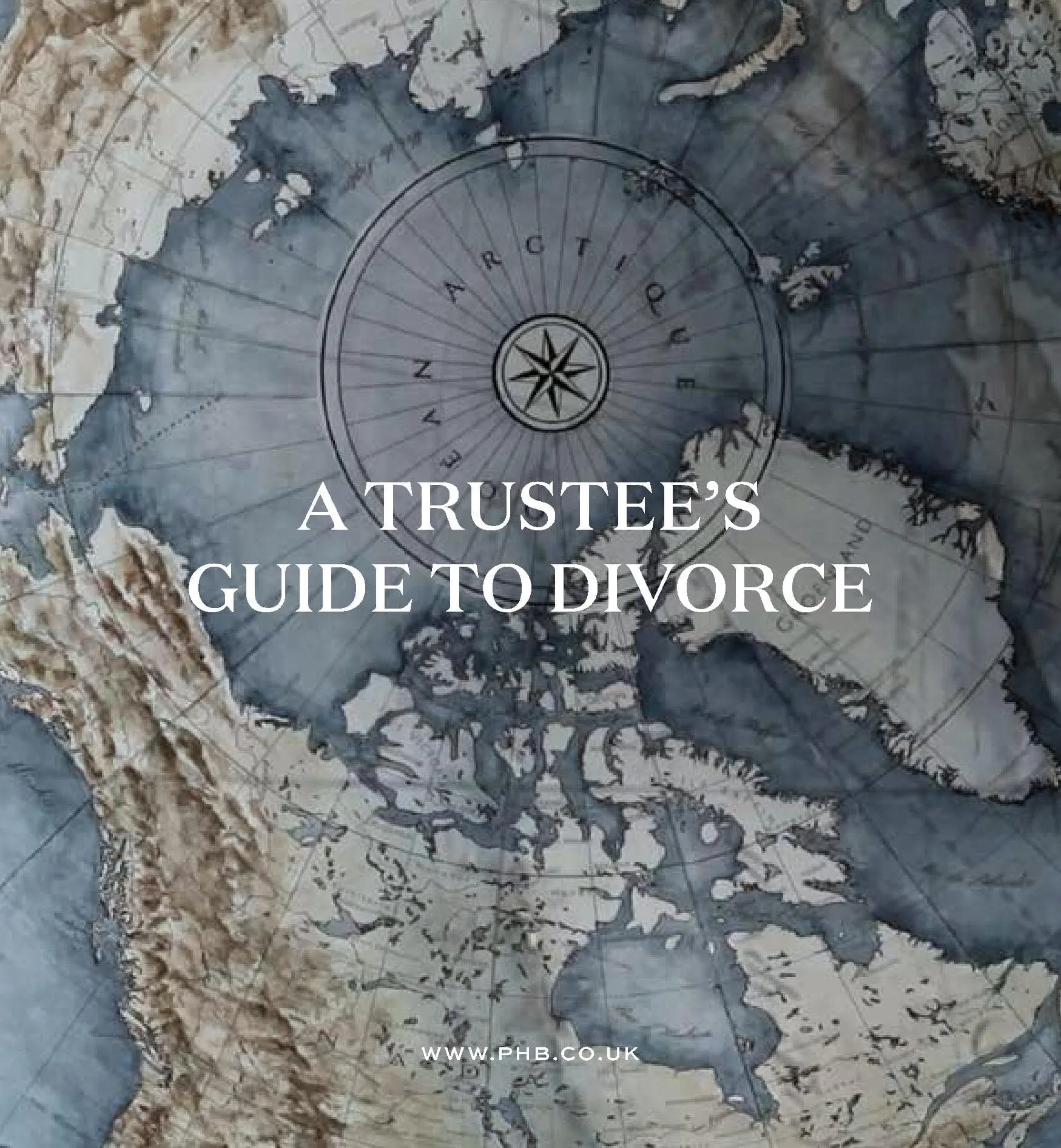- Change your password – often spouses will know each other’s passwords (or can guess them). Families often share platforms such as cloud photo sharing whilst married. It is advisable to change your passwords for everything including:
i. Social media accounts – you should change your passwords so that your former partner cannot access your account and view messages sent or received within the app;
ii. E-mail accounts – particularly if you are communicating with your legal advisers via e-mail – you do not want your former partner to be privy to the advice that you are receiving;
iii. Tracking apps – be aware that if you share locations on apps such as Find My Friends, Snapchat, Strava or Life360 that your former partner may be able to view your location – you may wish to change your settings and your password; and
iv. Banking and shopping accounts – you should take steps to ensure that your private accounts are protected.
2. Reframe your boundaries – if you have had a public social media account now may be the time to go private or to consider a review of your followers and restrict what certain people can access. You may wish to block your former spouse from being able to view your social media and you may also wish to think about their friends and family as well and whether you should prevent them from viewing your content. Whilst you may have had a great relationship with them during the marriage, you may not wish them to be able to report back to your former partner. It may be time for a social media cull! Also, bear in mind that it is extremely likely that your former spouse’s lawyer will look at your social media if your settings permit them to do so.
3. Adjust your settings – for example on Instagram you might have blocked your former spouse from looking at your page but be mindful they may still be alerted if you are tagged in a friend’s post. It is possible to disable the ability to be tagged within your settings.
4. Be measured – it may be tempting to fire off e-mails, WhatsApps, social media posts and texts in haste but think carefully before hitting send. Remember that your communications could be admitted into evidence further down the line. Always take a moment to review your communications and to think how they are likely to be received. A great tool that separated parents may consider using is “Our Family Wizard” – messages are created within the app, which will tell you if you need to reconsider the tone of your message.
5. De-link accounts – make sure that your e-mails and photos are not linked to a child or family iPad that your former spouse can access. You don’t want a message with a new partner to pop up on the screen of your child’s device when they are with your former partner.
6. Err on the side of caution – posts made on social media cannot easily be erased and you need to consider who may see these posts in the future. A rant at your ex-partner is probably not the impression you want to make on a future employer. Most importantly of all, remember that children are extremely adept at using social media and you should avoid anything that is likely to cause them distress.
7. Keep it classy – and put the children first – even when your partner is behaving badly on social media you should refuse to stoop to their level. Many have a new found respect for Kim Kardashian for the way she has refused to retaliate in the face of Kanye’s online outbursts.
What should I refrain from doing?
1. No snooping! – Do not be tempted to use a password you were given in happier times to access your ex-partners social media or e-mail accounts. Doing so may cause you to fall foul of privacy and confidentiality laws and result in civil proceedings being brought against you.
2. Beware of the LinkedIn trap! If your privacy settings are not set to high on LinkedIn then it is possible for an individual to be alerted to the fact that you have viewed their profile. Be cautious of this when using LinkedIn, for example looking up your former partner’s new squeeze could lead to embarrassment.
3. Avoid following your former partner – we all present our best selves on social media and excessive following of your former partner (or indeed their new partner) is unlikely to make you happy.
4. Don’t post in anger… or after drinking – always consider whether your post is appropriate and avoid posting anything inflammatory. A general rule of thumb is that you should not post anything that you would not be happy for a judge to read out in court. Badmouthing your ex may reflect badly upon you if there are subsequent proceedings in relation to the children.
5. A picture tells a thousand words – always consider how your posts on social media fit into the narrative that your lawyers are presenting within proceedings. For example, if you are making complaints within proceedings that you are struggling to make ends meet then your former partner is likely to make much of any posts that suggest to the contrary – exotic holidays or spending on clothes for example. Equally, do not give your former partner any ammunition that they can use against you. Learn a lesson from Mr Haskell who claimed poverty during his divorce proceedings in 2020. The court considered his social media posts highlighting multiple holidays and decided that he could make a payment of £5.7M to his wife.[1]
6. Avoid discussion forums – there are a whole host of online groups on Facebook, Mumsnet etc. where individuals can go to vent about their separation and seek advice. Be ultra-cautious about engaging in this kind of forum. Every case is different and you will be given opinions from people based upon their own experience, which may be vastly different to your own. You should consult with your professional advisers rather than rely on online comments.
7. Do not try to be too clever – there have been a number of cases in recent years in which individuals have used online tools to “create” evidence within divorce proceedings – from manipulating bank statements to creating false WhatsApp records. Lawyers are alert to the ability to generate material in this way and if you are caught manufacturing evidence, the consequences can be dire.
Conclusion
Within the context of divorce and separation, great care needs to be taken with social media use and use of technology generally. Once out there it is very difficult to put the genie back in the bottle and you should be ultra-cautious during this period about your communications. In an ideal world, a break from social media during the currency of proceedings would be advisable.
[1] Haskell v Haskell [2020] EWFC 9
For further information, please contact Kelly Gerrard, Legal Director in the Family Department or, alternatively, telephone on 020 7465 4300.
To learn more about divorce and separation, you can download a free copy of our Essential Guide to Divorce and Family Law here.
To learn more about Prenups and Postnups, you can download a free copy of our Essential Guide to Prenuptial and Postnuptial Agreements here.
To learn more about Modern Family Law visit our dedicated webpage and download a free copy of our Essential Guide to Modern Family here.
To access our dedicated webpage with free Essential Resources for Supporting and Protecting Vulnerable Clients click here.










